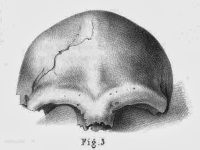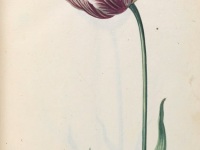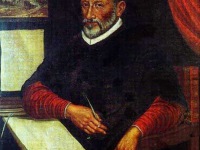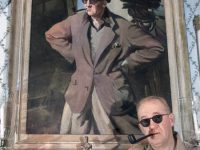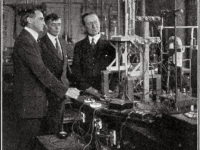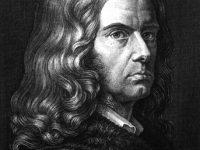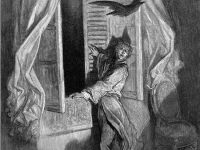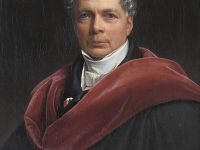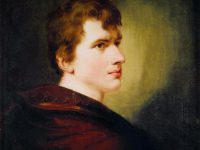The Discovery of the Neanderthal Man
On February 4, 1857, German anatomist Hermann Schaaffhausen publicly announced the discovery of the remains of an extincted prehistoric species of human, the Neanderthal man, whose remains were discovered by amateur naturalist Johann Karl Fuhlrott in the German Neander Valley. From Belgium over Gibraltar to Düsseldorf Actually, the remains found in the Neander Valley were not the first known pieces of the Neanderthal man. Around 1829, Neanderthal skulls were discovered in what…
Read more

